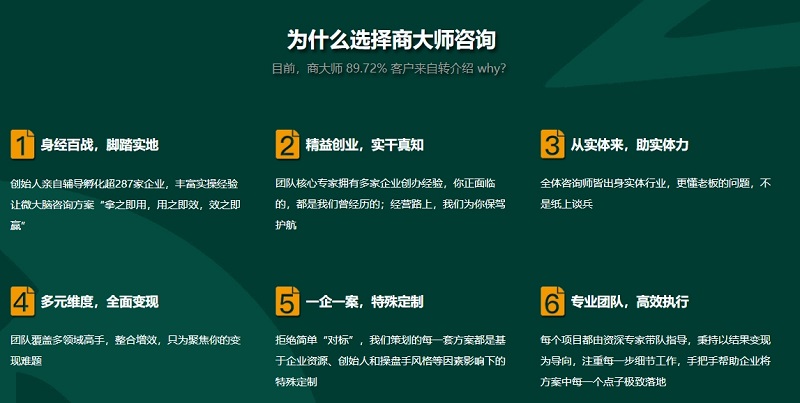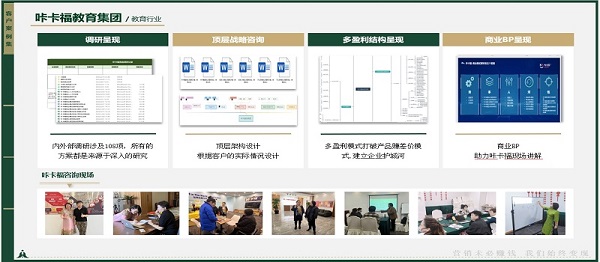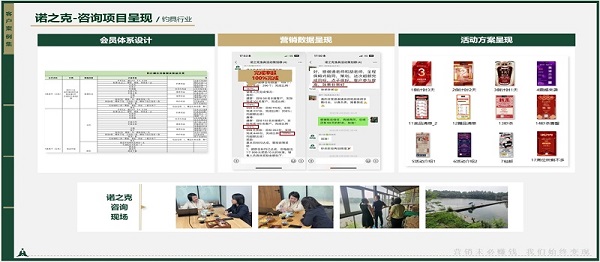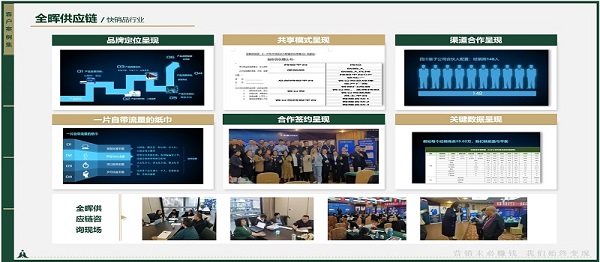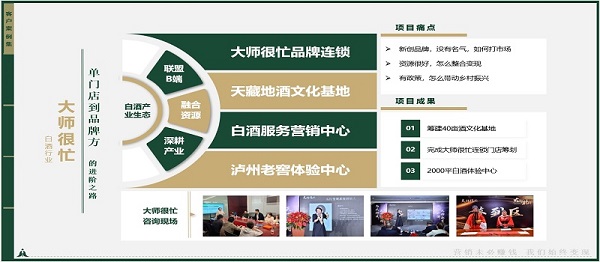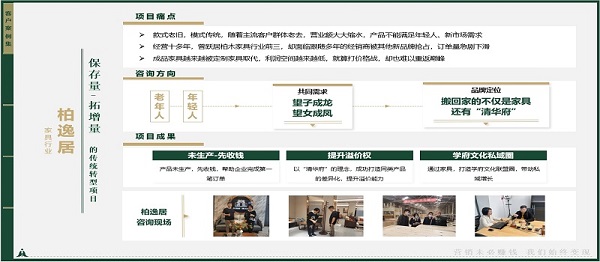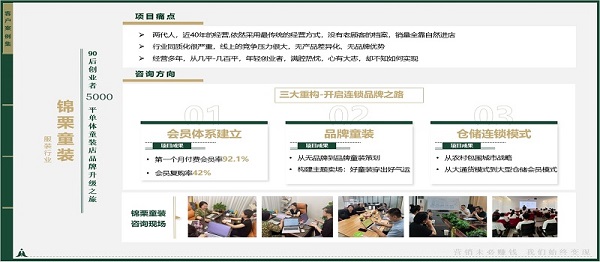品牌战略部门的核心职责
brand strategy department is responsible for defining and maintaining the long-term value and competitive positioning of a brand. Through market research, competitive analysis, and consumer insights, it establishes a unified brand identity and communication strategy. This includes formulating brand vision, mission, core values, and ensuring consistency across all touchpoints.

品牌战略与业务目标的协同
The department aligns brand strategy with overall business objectives by translating corporate goals into actionable brand initiatives. This involves coordinating with product development, marketing, and sales teams to ensure that brand messaging supports market expansion, customer retention, and revenue growth.
市场环境动态监测
Continuous monitoring of industry trends, consumer behavior changes, and competitor activities is a key responsibility. By leveraging data analytics and scenario planning, the team anticipates risks and opportunities, enabling agile adjustments to brand strategies.

跨部门资源整合
The department acts as a central hub, integrating resources from R&D, marketing, PR, and customer service. It standardizes brand guidelines, trains internal teams, and ensures that external partners adhere to the brand’s tone, style, and ethical standards.

品牌资产管理与评估
Through metrics such as brand awareness, loyalty, and equity, the team evaluates the effectiveness of strategies. Regular audits and feedback loops help optimize resource allocation and maintain the brand’s relevance in evolving markets.
如何衡量品牌战略的成功?
Success is measured through quantitative indicators like market share growth, customer acquisition costs, and ROI of campaigns, combined with qualitative factors such as media sentiment analysis and consumer perception surveys. Long-term brand health is tracked via sustained equity metrics.
新兴市场中的品牌定位挑战
In emerging markets, balancing localization with global brand consistency is critical. The department conducts cultural adaptability studies, partners with local influencers, and tailors messaging to address regional values while preserving core brand identity.
危机事件中的品牌应对策略
Proactive crisis management frameworks are developed, including rapid response protocols and communication templates. The team collaborates with legal and PR departments to mitigate reputational damage, ensuring transparency and accountability in public statements.
数字化对品牌战略的影响
Digital transformation requires integrating omnichannel experiences, from social media engagement to AI-driven personalization. The department prioritizes data security, user privacy compliance, and real-time interaction analytics to enhance digital brand presence.
内部文化如何支撑品牌战略?
Employee advocacy programs and internal branding initiatives foster a culture aligned with brand values. By embedding the brand’s mission into corporate training and incentive systems, the department ensures that every employee becomes a brand ambassador.

